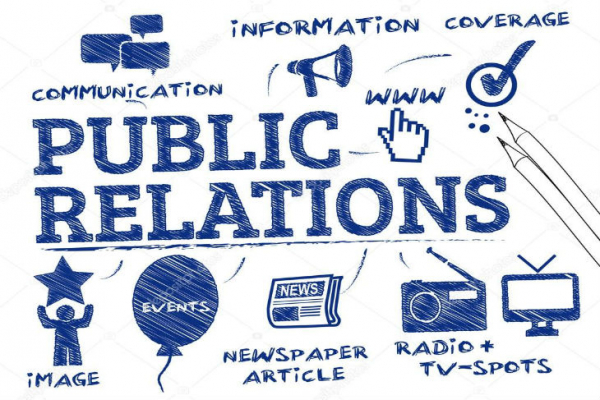By Sajeeb Sarker
Basic Principles of the PR Process
Media School October 12, 2020

PR principles are multifaceted. Image: startuped.net
PR process is complex by nature because it includes and involves a variety of variables to become effective. This process denotes several principles including the followings:
1. Deals with reality: PR is done accordingly to the real-life issues (e.g. need for promotion) at hand acknowledging both the ends.
2. PR is service-oriented: The key intention of doing PR is to serve a certain purpose i.e. help achieving a goal by providing appropriate services (e.g. brand promotion, assisting in accessing the market etc.).
3. Respects public interest: Ideal PR practice acknowledges public interest as well along with serving the concerned party.
4. Maintains integrity: PR activities may take different forms depending on the purposes but they must preserve integrity, veracity and honor of all parties involved.
5. Employs effective communication: PR is done through effective communication according to effective communication strategies designed by efficient communicators.
6. Uses research-based knowledge: A good PR campaign inevitably uses scientific research as a source of necessary knowledge.
7. Employs social sciences: To make sure that the communication strategies developed are appropriate and achievable, the whole PR campaign is to be cross-checked as per the perspective from social science.
8. Adaptive in nature: PR profession must be adaptive to other such works to ensure it is always updated and more effective than before.
9. Observant: The PR profession is always alert about its field of work and it always formulates the best possible ways to work out in the most efficient manner.
10. Values ethics: PR profession highly values professional ethics and the overall success of any PR campaign is measured by its ethical standard.


